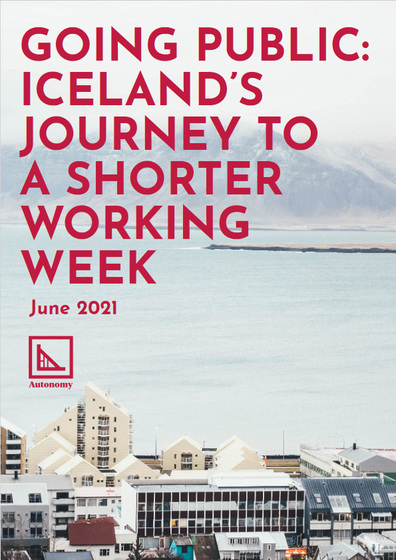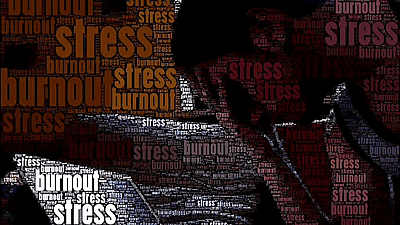What is the conclusion of Iceland, which has been experimenting to reduce working hours to 35 hours a week for about 7 years?

Since 2014, a social experiment has been conducted on about 2,500 workers living in Iceland to investigate 'how shortening working hours affects productivity'. The British think tank Autonomy, which hosted the experiment, has published a report summarizing the results of the experiment.
ICELAND_4DW.pdf
(PDF file) https://en.alda.is/wp-content/uploads/2021/07/ICELAND_4DW.pdf

Going Public: Iceland's Journey to a Shorter Working Week --Autonomy
https://autonomy.work/portfolio/icelandsww/
Iceland Ran a 4-Year Experiment on Shorter Working Weeks. The Results Are Great
https://www.sciencealert.com/iceland-s-experiment-with-a-shorter-working-week-actually-went-really-well
In recent years, there have been increasing calls in Europe to shorten working hours without lowering salaries. In addition, the epidemic of the new coronavirus infection that has continued since 2020 has spurred this trend, and the shift to remote work has progressed rapidly, forcing workers to shorten their commuting time and working hours, which has forced workers to have free time. Autonomy points out that it is increasing unexpectedly.
The social experiment was conducted in Reykjavik , the capital of Iceland, in the city's service center and child protection bureau, a particularly stressful workplace for employees. The number of participants in the experiment was 66, and the working hours were reduced from 40 hours a week to 35 to 36 hours a week without changing the salary. The experiment was so successful in the early days that it eventually grew to a large scale with more than 2,000 employees. After the experiment ended on September 1, 2019, participants returned to their previous working hours, but a few months after the end of the experiment, an agreement was signed to reduce working hours.
From 2017 to 2021, an experiment was conducted on 400 staff working at the Icelandic Government's Internal Revenue Agency, Icelandic Immigration Bureau, Icelandic Registration Bureau, and police station to reduce working hours. .. Many of the staff at the target workplaces work at irregular hours.

Combined with the experiments in Reykjavik and the Icelandic government, more than 2,500 staff working in more than 100 workplaces eventually participated in the experiment. This is about 1.3% of Iceland's total workforce.
As a result of the experiment, even if the working hours of 40 hours a week were reduced to 35 hours or 36 hours, productivity and service did not decrease, and the overtime hours of the participants did not increase noticeably.
When the weekly working hours are shortened by 4 to 5 hours, it is necessary to radically change the way work is done. Some participants in the experiment said that they had a hard time getting used to it at first, but most of the participants soon got used to the new way of working. One of the participants said, 'Instead of working on a daily basis as before, I reviewed the way I work and started to work in a completely different way. People around me also We are now working together. '
In both the first and second sessions, many workers said, 'Reduced working hours make me feel better, more energized and less stressed, and as a result, exercise, hobbies, communication with friends, etc.' , Now I can use my energy for other activities. '

Autonomy rates both of the experimental results in Iceland as 'great success.' After the experiment was actually completed, about 86% of all Icelandic employees reduced their working hours. In the report, Autonomy reiterated that 'few people want to return to pre-pandemic working conditions for the new coronavirus. From now on, shorter working hours per week is a new wisdom. Will be. '
Related Posts:
in Note, Posted by log1i_yk







